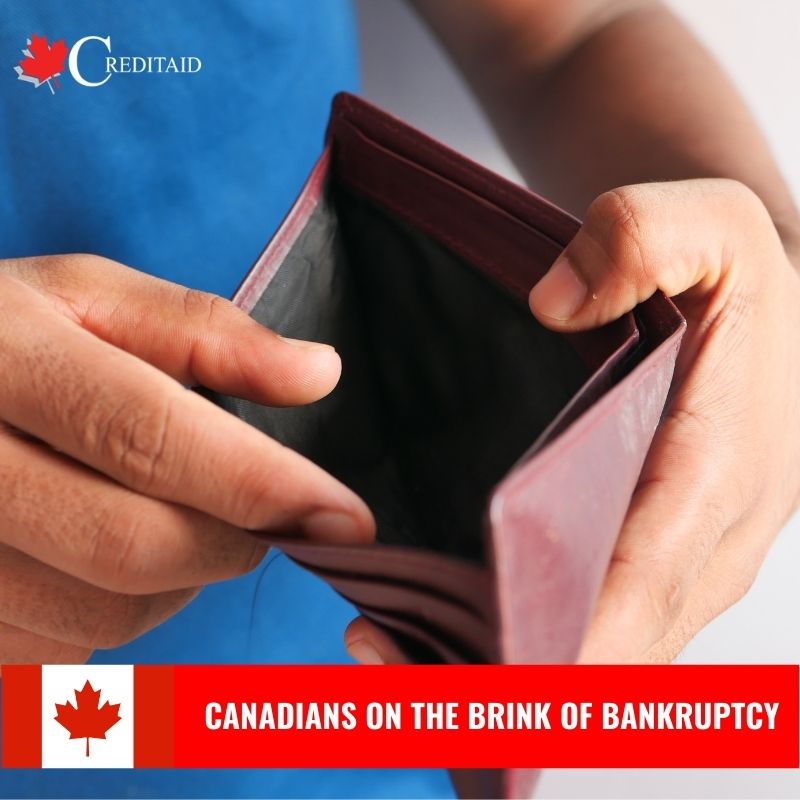‘I’ve always wanted something really cool like this to happen!’ That’s what I excitedly exclaimed to my ‘twenty something’ buddy as we prepared for an emergency landing into the Toronto Airport. We were thrilled to be along for the ride. We were young.
We landed without incident, but what youthful carelessness to actually revel in a dangerous moment.
Proverb says: ‘Be careful what you wish for.’ A lot of folks wish for some kind of change – in their marriage, in their jobs, where they live. When separating, or thinking of separating or negotiating the terms of your separation, be careful. Things can change. And this can apply to the parenting plan you and your ex and the negotiator put together.
Try to stay flexible about the future to enable you to address possible changes in circumstances. Two biggies are changing jobs and moving out of province. For example, a couple might have a legal agreement with a Parenting Plan that states he gets the kids each July at the old family cottage, while she gets them all of August in the city. They live in Brandon, Manitoba and he has just been laid off but accepted a new job at lower pay in Estevan, Saskatchewan, three hours away. His new employer won’t give him that same vacation time he enjoyed before so he doesn’t have the freedom of a month at the cottage with the kids next summer. But she has already made plans for that July, having committed to her own kayaking holiday off Vancouver Island. To further complicate things, the Parenting Plan was based on the expectation of a certain level of spousal and child support. She feels undermined by his change of circumstances – she has already pre-paid for the kayaking holiday and part of her ability to afford it was dependent on the spousal support payments. On the other hand, he didn’t willingly lose his job and hoped to replace it with something even better with even more pay.
People can change their minds and their agreement but it does require consensus. A big ‘but’ is ‘But what if one side insists on the existing agreement? What if she pushes for compensation for her outlay of cash for her holiday? And what about the kids and those two summer months? What happens there?’ I don’t have the answer, but an overly rigid plan can be suffocating. The reality is, they need to compromise. It is likely his spousal support and even child support payments will be adjusted downwards to reflect his lower income. Perhaps he can make some contribution to the pre-paid holiday, which she now can’t afford nor has that time free to go. As to what to do about the summer, not sure I’d want to be in the same room when they discuss it, but one way or the other they will figure it out. [I am letting him off the hook too easily, I know; surely he could have discussed this with her and the kids before committing to the new, not so great job out of province. But maybe he was desperate, maybe he had no choice].
 Life is full of changes: some too hot, some too cold, some just right. The Goldilocks zone of being just right is where you want to be, but more often than not, like picking your parents, hard to accomplish. Plans emanating from separation and divorce should not be handcuffs, albeit, many feel the obligations for payments, which are just that, financial payments. If they are ‘court ordered’, well, you’re outside the Goldilocks zone, and unfortunately traditional divorce attracts court orders. A mediated divorce can be more flexible while still leaving the party in greatest need with a leveraging stick if need be. I am not advocating delinquency, but if you both start with a cooperative approach you can better handle inevitable changes in circumstance. And often times it’s the one in greatest financial need that requires the flexibility.
Life is full of changes: some too hot, some too cold, some just right. The Goldilocks zone of being just right is where you want to be, but more often than not, like picking your parents, hard to accomplish. Plans emanating from separation and divorce should not be handcuffs, albeit, many feel the obligations for payments, which are just that, financial payments. If they are ‘court ordered’, well, you’re outside the Goldilocks zone, and unfortunately traditional divorce attracts court orders. A mediated divorce can be more flexible while still leaving the party in greatest need with a leveraging stick if need be. I am not advocating delinquency, but if you both start with a cooperative approach you can better handle inevitable changes in circumstance. And often times it’s the one in greatest financial need that requires the flexibility.
Another big change can be re-marriage or ‘re-partnering’ as I have heard it described. One of the divorcing couples entering a new relationship can send ripples, even waves, across what were reasonably calm waters. The kids too can find themselves rising and falling with the waves. One of the things we caution couples in the midst of the process, is to avoid new relationships and if they are already in one, to keep it more or less to themselves. But once the dust has settled, hearts expand and that leads to dancing and …well you get the picture. And why not? Love makes us happy. In fact, when I have a couple going through the process, I can usually tell which of two have someone else already in their life – they usually smile more – and I know that at least one of these folks is, if not really happy, at least sort of happy, and will therefore be a little more focused on getting the work done. I do feel sorry for the lonely one though – dejected, perhaps feeling still in love with their departing spouse, wondering if the pain will ever go away. There really isn’t a plan that can address re-partnering unless it’s tied to spousal support. For example, they might agree that spousal support ends if the recipient remarries but that’s more to do with financial issues than Parenting. One couple agreed not to introduce a new partner to the kids for at least a year, but outside of that, when your ex finds someone, and especially if it involves your kids in any way, you’ll have to adjust your thinking. The wise one on the mountain says you need to be happy for him/her. That little broken hearted egomaniac on your shoulder will suggest other actions.
The main take-home message about divorce related plans, be they Parenting or otherwise, is: it can cut both ways. An old professional mediator in the investment business told me that he thought a good deal was when neither side was thrilled with the terms. Maybe a bit too dreary but something to keep in mind when dealing with family.
Originally published by Fairway Divorce Solutions.
 Divorce is a painful process and the traditional adversarial system can make a painful process even worse. Fairway Divorce Solutions® is changing the way divorce happens by providing families with a safe and comforting environment where they can make well-informed decisions. People leave The Fairway Process™ with A Clear Road to a New Life®. Our job is to bring you and your spouse to resolution. The traditional process of divorce is daunting, expensive and stressful. At Fairway we work with you every step of the way to avoid uncertainty, unnecessary conflict and expensive litigation. Working with both amicable and conflicted couples, Fairway has brought thousands of couples to resolution, helping them move on in a positive and productive way. Reduce cost, reduce stress, preserve assets and protect the kids — contact us today by calling (204) 414-9181 or visit us online at FairwayDivorce.com
Divorce is a painful process and the traditional adversarial system can make a painful process even worse. Fairway Divorce Solutions® is changing the way divorce happens by providing families with a safe and comforting environment where they can make well-informed decisions. People leave The Fairway Process™ with A Clear Road to a New Life®. Our job is to bring you and your spouse to resolution. The traditional process of divorce is daunting, expensive and stressful. At Fairway we work with you every step of the way to avoid uncertainty, unnecessary conflict and expensive litigation. Working with both amicable and conflicted couples, Fairway has brought thousands of couples to resolution, helping them move on in a positive and productive way. Reduce cost, reduce stress, preserve assets and protect the kids — contact us today by calling (204) 414-9181 or visit us online at FairwayDivorce.com










